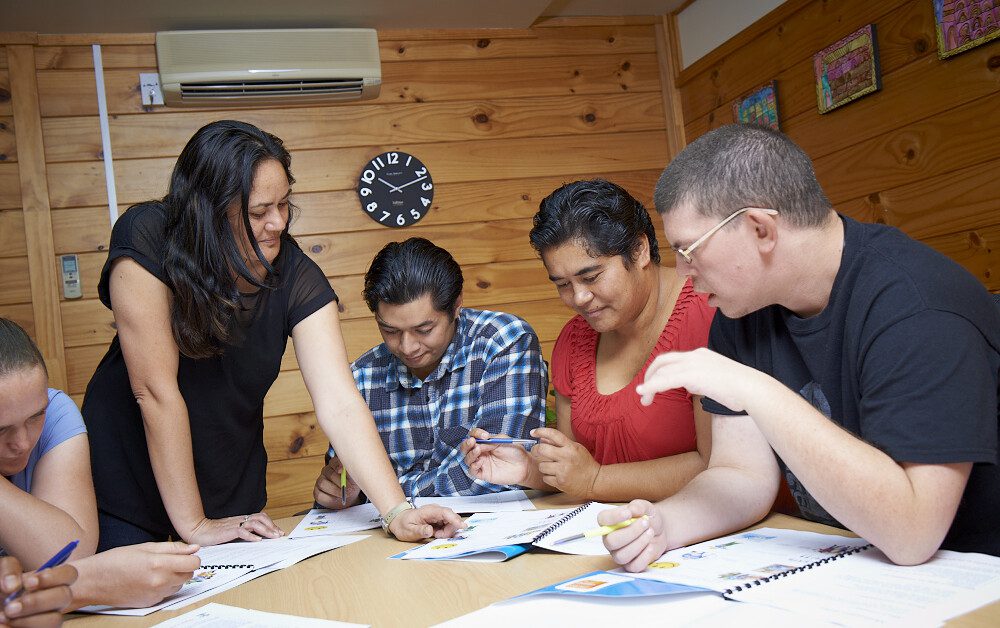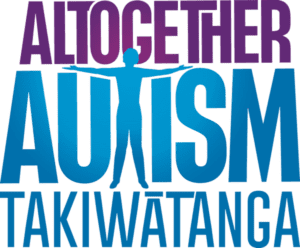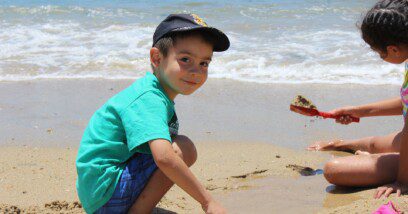
When it comes to moving from child to adult life, you can never start planning too early. Here are some key tips for getting organised and working with your child or the young person you support – along with the school, service providers and community groups – to help plan a fulfilling future.
- Take the long view – believe in the possibility of positive change and in the value of the young person. What will it take to enable them to have employment and real relationships as an adult? Who do you need to involve now in the person’s life to fulfill this? What skills do they need for adult life that you can start teaching them at home (cooking, tidying up, washing)?
- Seek the support available – the young person should complete a one-year transition programme (Individual Transition Plan) in the final year of school, especially if they receive ORS funding. Ask the school or service provider about this as soon as possible. This programme should help the young person explore many options and ideas for what they want to do in both the short-term and long-term future.
- Transition should be a process that begins early – as mentioned above….transition planning should begin as early as possible and particularly when a young person first engages with a service (school/health/social/vocational) and continue for as long as they remain engaged with that service. The plan should always ‘follow’ the person when they move from one stage to the next. An Individual Career Plan (ICP) should be organised by the school by the age of 14. ICPs cover employment and financial independence, community participation, home and living arrangements, independent mobility, peer relationships, sexuality and self-esteem. You can read about ICPs on the Ministry of Education website.
- The young person must be at the centre of all transition planning – as a young person matures, their input into transition planning must increase accordingly. Young people have genuine goals for the future and need to be supported to achieve them.
- Family/whānau should be involved– family/whānau members are essential partners in the transition planning process and whenever possible should be actively involved with setting goals and assisting in achieving them.
- Decision-making should be shared – transition planning should be a process of shared decision-making involving the young person, their family/whanau, and members of the multi-agency team. Support and care decisions should be made only after consultation with everyone involved to give a full knowledge of all possible options.
- Continuous review – family and support services should seek to continually identify and review goals, with the aim of enabling the young person to progress to greater independence. This includes life skills development emphasising self-care, and using natural community supports as much as possible.
- Use the guidelines – the Ministry of Education has Guidelines for Transition to provide schools, special education specialists and other professionals with best practice information to ensure effective transition support is put in place for children with special education needs.
- Check out our Guide to Useful Transition Information and Resources.





